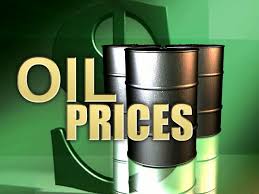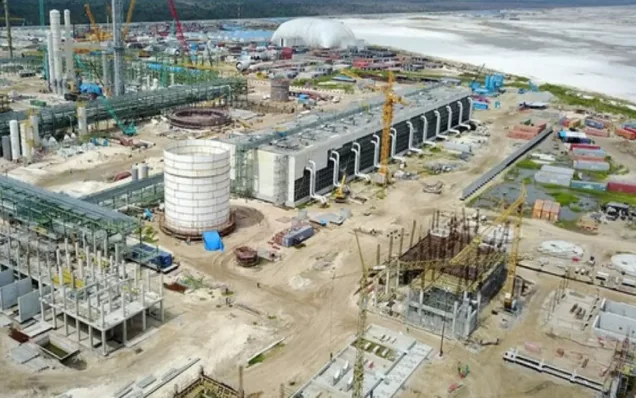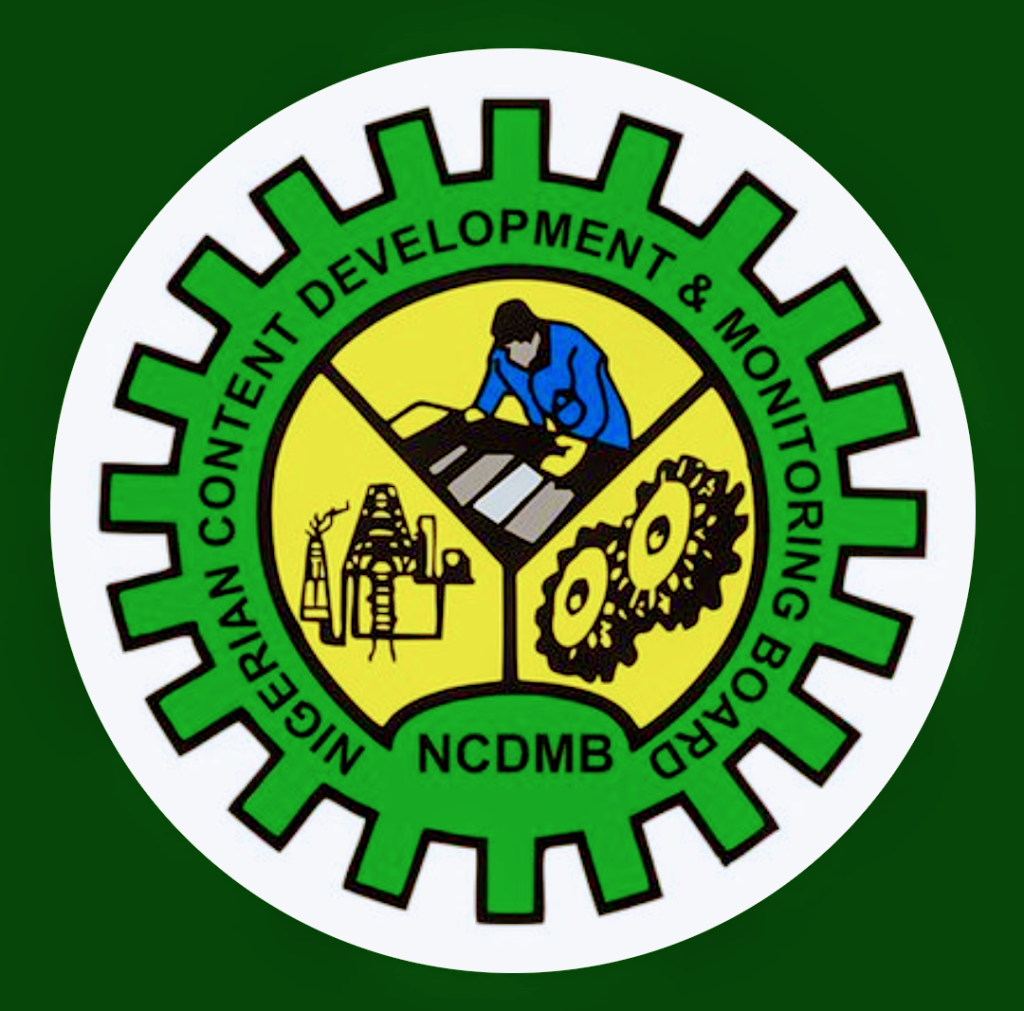13/10/2018/FDC
Rising crude oil prices are set to send Nigeria’s bill for fuel subsidies rocketing, threatening to exacerbate the already precarious economic situation of Africa’s largest oil producer as it heads into election season. Although Nigeria produces 1.7m barrels of crude per day, it has very little refining capacity and imports roughly 90 per cent of its fuel, negating much of the benefits oil-producing nations accrue from high crude prices.
When crude prices plunged to about $30 a barrel in 2016, it sent Nigeria’s oil-dependent economy reeling into a recession from which it has barely recovered. While a rally has since pushed the oil price past $85, Africa’s most populous country is not set to reap the benefits. This is because its subsidy bill is likely to surge beyond the $3.85bn annual tally the oil minister estimated earlier this year when prices were 20 per cent lower, said Tunde Ajileye, a partner at SBM Intel, a political and economic risk consultancy.
“We sit on a double-edged sword: when oil prices go down, government revenues go down and it becomes difficult to get foreign exchange,” he said. “When oil prices go up, while there is usually an increase in government revenues . . . the big issue is that for refined products like fuel and diesel, the prices go up and [then] . . . the subsidy bill goes up.”
In April, when crude averaged about $70 a barrel, Emmanuel Kachikwu, the oil minister, reportedly said the annual fuel subsidy bill had risen to 1.4tn naira ($3.85bn) — that is roughly half the N2.67tn the government collected in net oil revenues in 2017 or a quarter of total net government revenues that year. That month, the Nigerian National Petroleum Corporation paid roughly $215m in what it calls “under-recovery” costs: the difference between what it paid to import fuel and how much it sells the fuel for. In May, when Brent crude prices averaged about $77, NNPC paid $245m to fill the gap.
With oil prices now 10 per cent higher and climbing, that bill is set to soar, creating a predicament for the government ahead of February’s elections, said Mr Ajileye. The outlay is unsustainable, he said. “The government has to make a decision of whether to increase fuel prices domestically,” he said. “That’s a very politically charged issue.” The last time a government in Nigeria tried to scrap the subsidy altogether, in 2013, it prompted widespread protests. Nigeria has the potential to produce more than 2.5m barrels a day. But it rarely reaches that level because of poor infrastructure, theft and pipeline sabotage driven by unrest in the oil-rich Niger Delta region. State-run refineries operate at less than 10 per cent of their 445,000 barrel-a-day capacity.
The government then sells the fuel to retailers, which sell on to the public at the subsidised rate of N145 a litre. Crude accounts for 56 per cent of government revenues, while the country’s annual fuel import bill tops $7bn. As part of a reform the government said was aimed at cleaning up the corruption-addled subsidy regime, President Muhammadu Buhari, in effect, turned state-run NNPC into the country’s sole fuel importer, cutting out private sector middlemen marketers.
That has increased the potential for graft within the NNPC, a longstanding cash cow for the government, particularly in the run-up to elections, said Jubril Kareem, an energy analyst at Ecobank.
“NNPC is just too big a company, and the opaqueness of the operations is actually aided by its own structure: it produces crude, buys crude, sells fuel, it regulates itself,” he said. “At least before, we knew what NNPC was paying in subsidy [because of monthly reports that the NNPC no longer regularly issues]. Now you don’t know that . . . You would understand why a government would want to keep it that way.”
Fuel subsidies have long been the subject of abuse and corruption. They also encourage smuggling into neighbouring Cameroon and Benin, where fuel can be sold for twice the price, and even more as international oil prices rise. A former central bank governor has estimated that more than $1bn went missing every month from oil sales and fuel subsidy scams during a single 19-month period between January 2012 and July 2013 that he examined. He was subsequently sacked.














